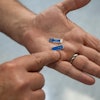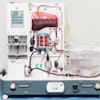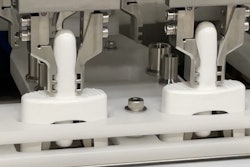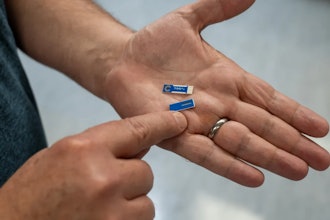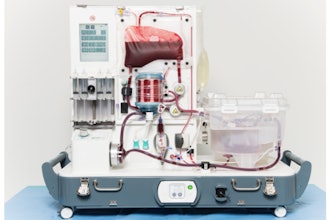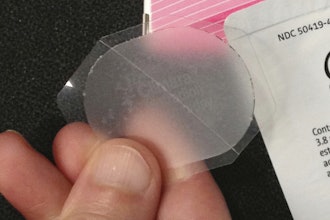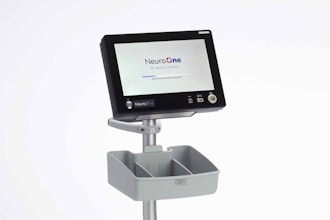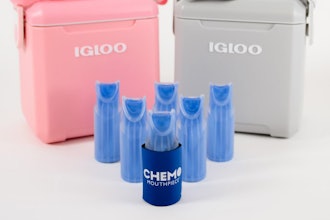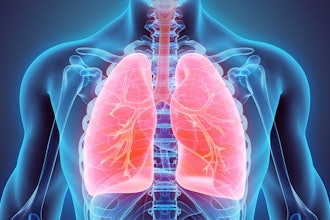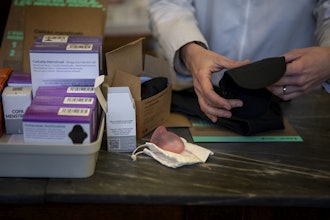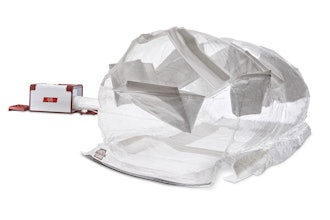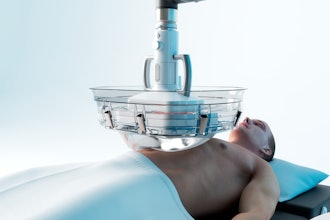
A first of its kind Human Papillomavirus (HPV) self-collection screening pilot program aimed at improving cervical cancer screening in underserved communities has officially launched in Texas. HPV is the cause of virtually all cervical cancers.
The study is being conducted at Su Clinica, a Federally Qualified Health Center (FQHC) with locations in Brownsville, Harlingen, Raymondville, and Santa Rosa, Texas, together with researchers at The University of Texas MD Anderson Cancer Center. This study will evaluate the implementation and effectiveness of self-collected HPV testing in a real-world health care setting. It also aims to identify any challenges and solutions for cervical cancer screening in communities with limited access to health care resources. This initiative will be using the BD Onclarity™ HPV Assay from BD (Becton, Dickinson and Company) (NYSE: BDX), which was approved earlier this year by the U.S. Food and Drug Administration (FDA) for HPV self-collection screening in health care settings.
"Not only can cervical cancer be prevented, with greater access to vaccines and screening, we have a real opportunity to eliminate this disease as a public health problem in our lifetimes," said Elena Marin, M.D., Chief Executive Officer at Su Clinica. "Women in our region are disproportionately affected by cervical cancer, both in terms of rates and mortality, so there is an urgent need to remove barriers to potentially life-saving screening, and self-collection is a pivotal solution. Having a test that is safe, private, and easy to use will go a long way towards increasing cancer screening rates for those who may be hesitant or unable to receive a traditional screening."
The BD Onclarity™ HPV Assay is FDA-approved for HPV primary testing without the need for a traditional Pap smear performed with a speculum. This new approval of self-collected samples in health care settings opens the door to a less invasive testing option, and it improves access to testing for individuals who face barriers to cervical cancer screening.
The findings from the pilot program will be used to develop potential best practices and implementation blueprints that can be scaled to other underserved communities, ultimately aimed at reducing cervical cancer rates and disparities nationwide. This initiative represents an important step towards achieving health equity for cervical cancer and improving health outcomes for all women.
Underserved communities often face significant barriers to accessing cervical cancer screening, including lack of insurance, limited health care resources, and cultural or language barriers. The program aims to overcome these challenges by providing bilingual self-collection options and financial support for uninsured patients.
The study is supported by a $2.5 million grant from the Cancer Prevention and Research Institute of Texas (CPRIT), to MD Anderson over a five-year period. Su Clinica is an FQHC that provides comprehensive health care services to the community and is implementing the program.

